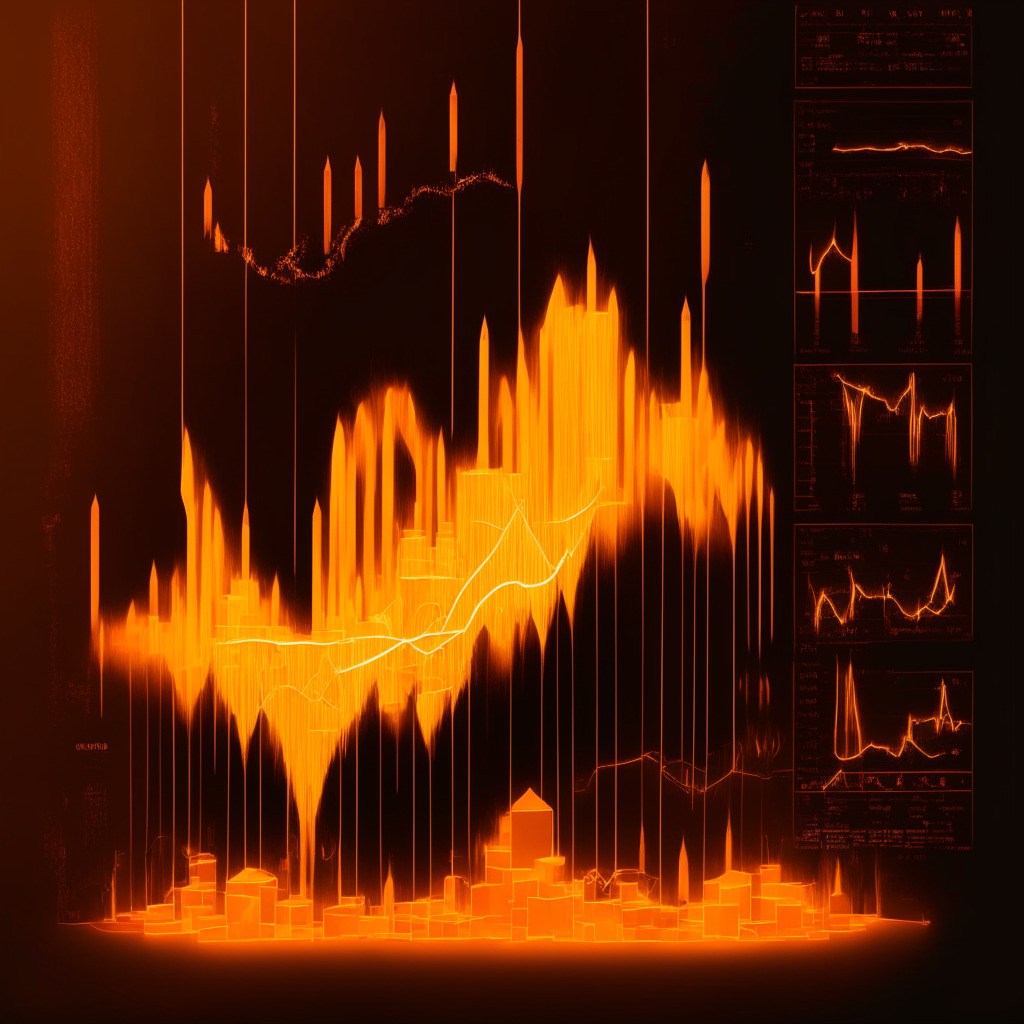The much-anticipated CPI (Consumer Price Index) numbers out of the U.S., which were released last month had shown some easing of inflationary pressures. Many eyes were on these figures due to their potential to trigger market movements. As per recent data from the Bureau of Labor Statistics (BLS), the U.S. inflation rate measured by CPI dropped to 3.0% year over year in June, down from 4.0% in previous month, despite the market projecting a softer dip to 3.1%. More interestingly, from month to month, it marginally upped the tempo with a 0.2% rise in June, following a 0.1% increase in May.
Taking a closer look at the core CPI which painstakingly excludes the often-oscillating food and energy costs, it dropped to 4.8% from 5.3% previously and stood contrary to a forecast of 5.0%. The monthly growth for the core CPI was recorded at 0.2% in June, a slight regression from 0.4% in May, despite forecasts projecting an increase to 0.3%.
Whispers are in the air about how this lower-than-expected rise can impact certain markets, particularly in the crypto sphere. The world-famous digital currency, Bitcoin (BTC) has been somewhat dormant for the past few days, shackled between the $30,000 and $31,000 band. However, in the immediate wake of the CPI report, it showcased a modest surge, climbing up to $30,900.
Such CPI data could potentially spark curiosity among investors who see a correlation between inflation rates and the performance of cryptocurrencies. The argument among crypto enthusiasts is that digital currencies, being decentralized, are less subject to variations in conventional financial indices. However, the skeptics remain wary of the volatility of cryptocurrencies like Bitcoin, indicating that their value is highly susceptible to market shocks and sentiment swings.
As the debate sparks without calling it so, it’s quite apparent that the discussion surrounding the intersection of economic indicators like the CPI and the future trajectory of Bitcoin and other digital currencies remains a contentious one. Emphasizing the need for cautious investment and further research into this dynamic landscape might be the prudent move. The recent CPI report serves to underline the undeniable fact that traditional financial systems and newer, digital economic structures can cast unpredictable shadows on each other. Is it then unrealistic to completely separate them? The question remains and continues to grab our attention.
Source: Coindesk




